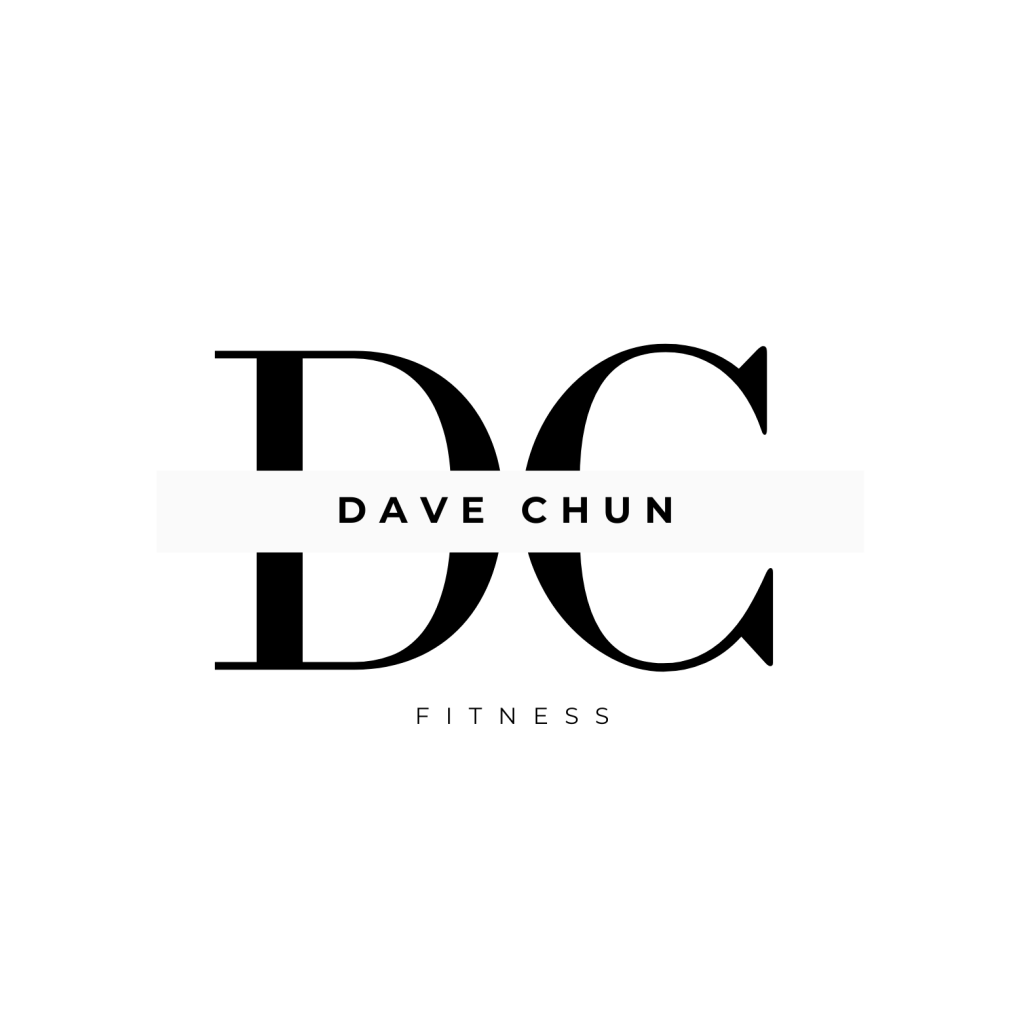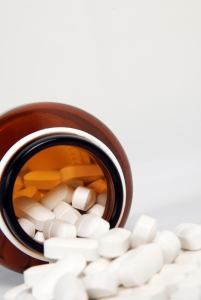It is projected that we will spend around $34 billion in 2015 in health supplements. What is striking is how much they’re willing to spend in order to get us to buy into supplements that promise to make us more muscular, lean, prettier, and healthier. While the supplement industry is doing well, the advertising industry is doing even better. The ad industry spent almost five-fold in 2012 to sell us more stuff—if I may make a projection for 2015, this figure would be around $190 billion in ad dollars. Don’t get me wrong I love the ad industry. Kate is in advertising and since I love my wife; I love the ad industry.
We have been sold on the fact that the more we consume, the better our life will be. And I think this has been the trend in the fitness industry as well. We been told to eat more: 6 times a day, to vary our foods while increasing our protein intake, and most important, to take more of those magical supplements. And voila! We’ll all become fitness models with 6% bodyfat. I am not saying that this can’t work using this method, but the notion of more seems more wasteful than productive. It seems that this way of eating is much more inefficient than how I am eating now.
I think I should’ve been born a German.
In my experiment with IF, I am realizing that more is not better but just enough is better. It appears that just enough protein and just enough calories is all we have to consume. What is critical is to focus on is setting up our body to do what we want it to do.
All this reminds me of the 1990’s “Snackwell Era.” We all increased our intake of starchy carbohydrates, and over the years, and we have all gotten fatter. Did you know that 60% of adults in the U.S. are either overweight, obese, and morbidly obese? That’s 142 million people! Crazy right? If you want more info on the Snackwell era, Frontline on PBS covers this subject in greater detail called “Did low-fat era make us fat?”
“To do and not to do”
Shakespeare might have fretted over which supplements to take, but I think there are a few
worthwhile supplements that are definite “do’s.”
- Protein powder. Above anything else, I like it for convenience. Also it’s great for slamming a lot of protein at once during your carb-up without having to chew the hell out of your protein. My final thought on protein is if you can get one gram per .8 pounds a day, you can discard the powder.
- Fish oil. One of the nutrients that were decried in the Snackwell Era was fat, but they didn’t distinguish between good fat and bad fat. At the time, all fats were considered the enemies of the nutrition gods. In the mid 90’s, however, Barry Sears and Udo Eramus began to write about the benefit of good fats like omega 3. They added value in the public discussion and started to sway public opinion about fat. The research seems to point out that we need about a 3:1 ratio of omega 6 to omega 3 for optimum function. Thank God, because without fat everything would taste like Saltine crackers.
- Creatine. In 1993, a company called Experimental and Applied Sciences (EAS) began marketing creatine monohydrate under the brand name Phasphagen and the rest is history. Creatine works for most people. Just make sure you completely dissolve it before you take it—I used to use heated white grape juice, but you could use tea, coffee, water, or any other liquid you like.
- Multivitamin. I personally take a product called Wellness Formula, but any multi would do. Just be careful that you don’t OD on certain minerals and fat-soluble vitamins.
- Glucosamine/chondroitin. Although there was a study that concluded that they don’t work, for an old guy like me, that has been playing sports, working out, and just being active for a long time, my joints, particularly my elbows and knees, speak to me if I don’t take this supplement. On top of that, it works for my dog Pepper and my client’s dog Biscuit. So, it’s gotta work, right?



0 responses to “Supplements… do I need them?”